The UNIX operating system, born in the 1960s at AT&T’s Bell Labs, has grown into a family of powerful, certified systems that form the backbone of modern computing. These operating systems adhere to the Single UNIX Specification, a set of standards maintained by The Open Group, ensuring compatibility, reliability, and security. In this article, we explore some of the most prominent Certified UNIX Operating Systems, their features, and their roles in today’s tech landscape.
macOS®: The UNIX Powerhouse Behind Apple’s Ecosystem

Developer: Apple Inc.
Target Platform: Apple personal computers (MacBooks, iMacs, Mac Minis)
Key Features:
- User-Friendly Interface: Combines UNIX’s robustness with Apple’s sleek design.
- Darwin Core: Built on the open-source Darwin OS, which includes the XNU kernel and BSD components.
- Security: Features like Gatekeeper, FileVault, and SIP (System Integrity Protection) make macOS one of the most secure UNIX systems.
- Ecosystem Integration: Seamlessly works with iOS, iPadOS, and other Apple devices.
Why It Matters: macOS is the most widely used UNIX-based operating system, bringing the power of UNIX to mainstream users through Apple’s intuitive design and hardware integration.
AIX®: IBM’s Powerhouse for Enterprise Computing
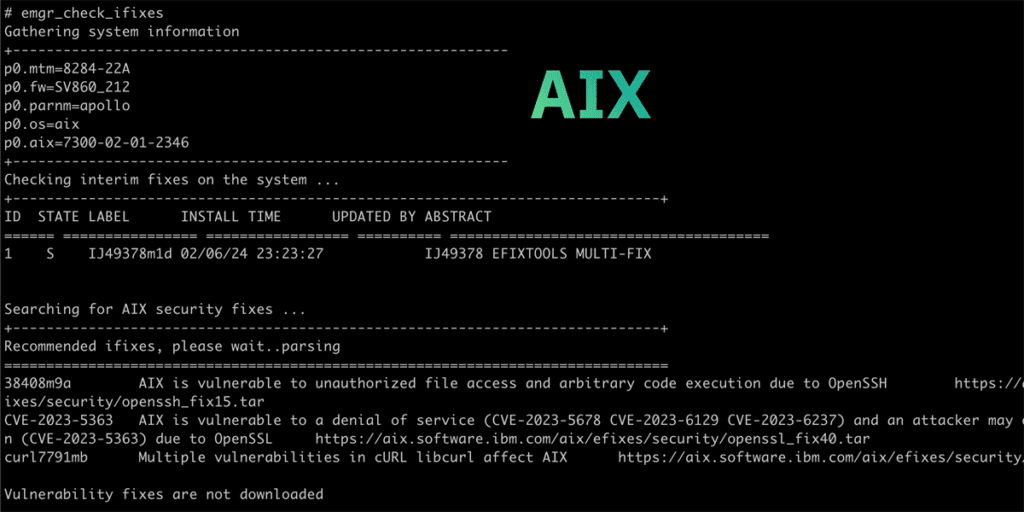
Developer: IBM
Target Platform: IBM Power Systems (servers and mainframes)
Key Features:
- Scalability: Designed for high-performance computing and enterprise workloads.
- Legacy and Modern Support: Runs both traditional IBM PowerPC and modern POWER architectures.
- Virtualization: Advanced LPAR (Logical Partitioning) and virtualization capabilities.
- Reliability: Known for its uptime and stability, making it ideal for mission-critical applications.
Why It Matters: AIX is a cornerstone in industries like finance, healthcare, and telecommunications, where reliability and performance are non-negotiable.
HP-UX®: Hewlett Packard’s Enterprise UNIX Solution
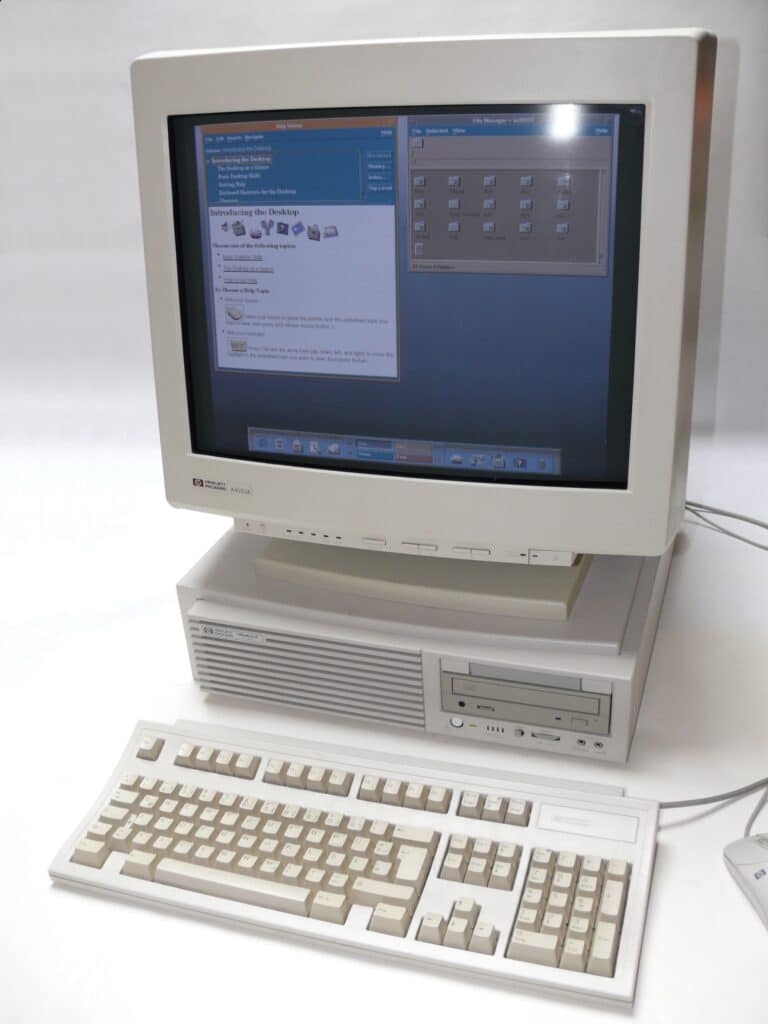
Developer: Hewlett Packard Enterprise (HPE)
Target Platform: HPE Integrity servers and workstations
Key Features:
- System V Roots: Based on UNIX System V, offering robust enterprise features.
- Adaptive Computing: Supports dynamic resource allocation for optimized performance.
- Security: Includes features like Process Resource Manager and enhanced auditing tools.
- Legacy Support: Runs on both Itanium and PA-RISC architectures.
Why It Matters: HP-UX is a trusted system for enterprises relying on HPE hardware, offering stability and advanced management tools.
UnixWare®: A Legacy UNIX for Modern Applications
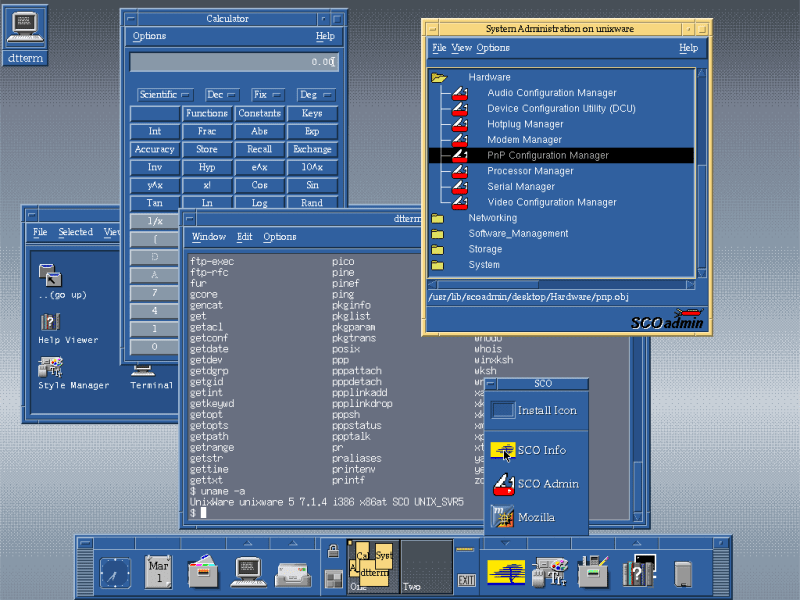
Developer: Xinuos (formerly SCO Group)
Target Platform: x86-64 servers and workstations
Key Features:
- Compatibility: Supports both UNIX and Linux applications.
- Business Applications: Designed for enterprise environments with support for legacy UNIX software.
- Scalability: Suitable for small to medium-sized businesses.
Why It Matters: UnixWare bridges the gap between traditional UNIX systems and modern Linux-based solutions, making it a versatile choice for businesses with legacy dependencies.
OpenServer®: The Small Business UNIX Workhorse
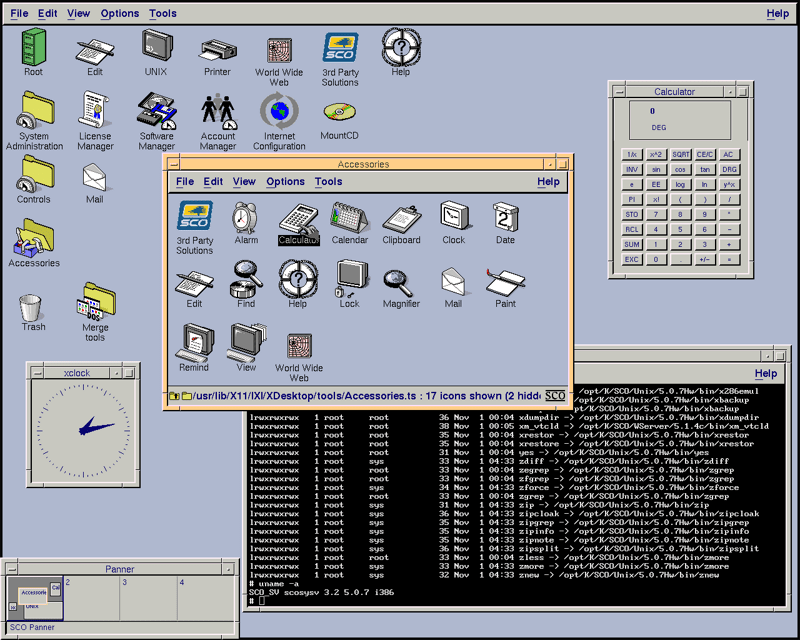
Developer: Xinuos
Target Platform: x86-64 servers
Key Features:
- Legacy Support: Ideal for businesses running older UNIX applications.
- Cost-Effective: Provides enterprise-grade features at a lower price point.
- Management Tools: Includes tools for server administration and monitoring.
Why It Matters: OpenServer is a reliable, cost-effective solution for small to medium-sized businesses needing UNIX’s stability and security.
z/OS®: IBM’s Mainframe UNIX for the Modern Era
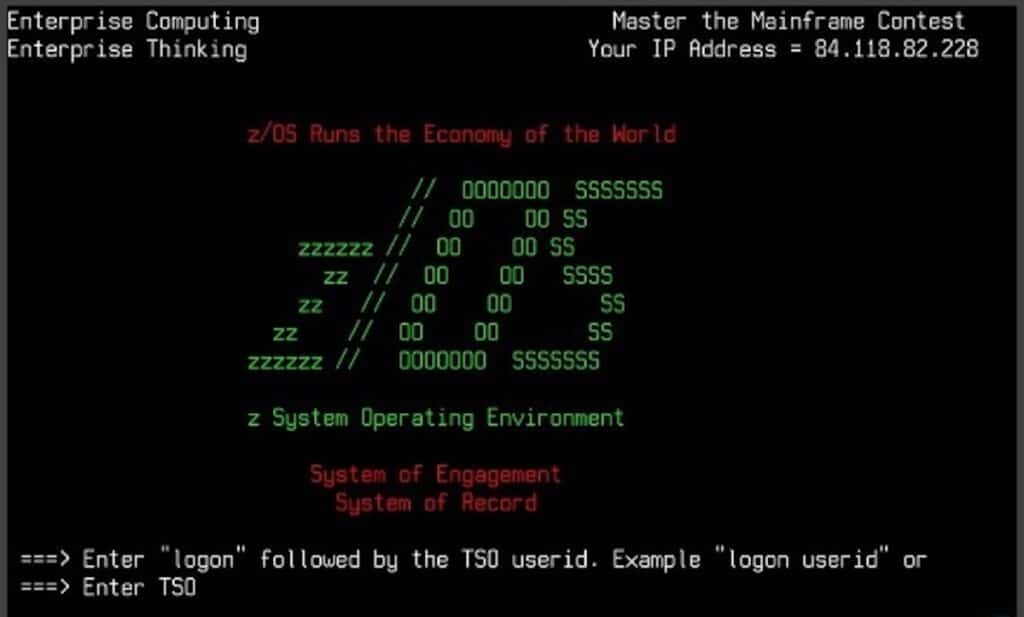
Developer: IBM
Target Platform: IBM zSystems (mainframes)
Key Features:
- Mainframe Reliability: Known for its unmatched uptime and scalability.
- Legacy and Modern Integration: Supports both traditional mainframe applications and modern UNIX workloads.
- Security: Advanced encryption and compliance features for enterprise environments.
Why It Matters: z/OS is the operating system of choice for industries like banking, insurance, and government, where data security and reliability are paramount.
Why Certified UNIX Systems Still Matter
Certified UNIX operating systems like macOS, AIX, HP-UX, UnixWare, OpenServer, and z/OS continue to play a critical role in modern computing. Their adherence to the Single UNIX Specification ensures compatibility, security, and reliability, making them indispensable for:
- Enterprise Computing: Handling mission-critical applications.
- Legacy System Integration: Supporting older software without compromising performance.
- Security: Providing robust protections for sensitive data.
- Scalability: Meeting the demands of growing businesses and industries.
Conclusion
From Apple’s user-friendly macOS to IBM’s powerhouse AIX and z/OS, Certified UNIX Operating Systems remain the gold standard for enterprise computing. They combine the timeless principles of UNIX with modern innovations, ensuring they stay relevant in an ever-changing tech landscape.
Whether you’re a developer, IT professional, or tech enthusiast, understanding these systems is key to navigating the backbone of modern computing.
Explore More: Check out the official websites of Apple, IBM, HPE, and Xinuos for detailed documentation and resources on these certified UNIX systems.
This article is based on publicly available information and is intended to provide an overview of certified UNIX operating systems for tech enthusiasts and professionals.

